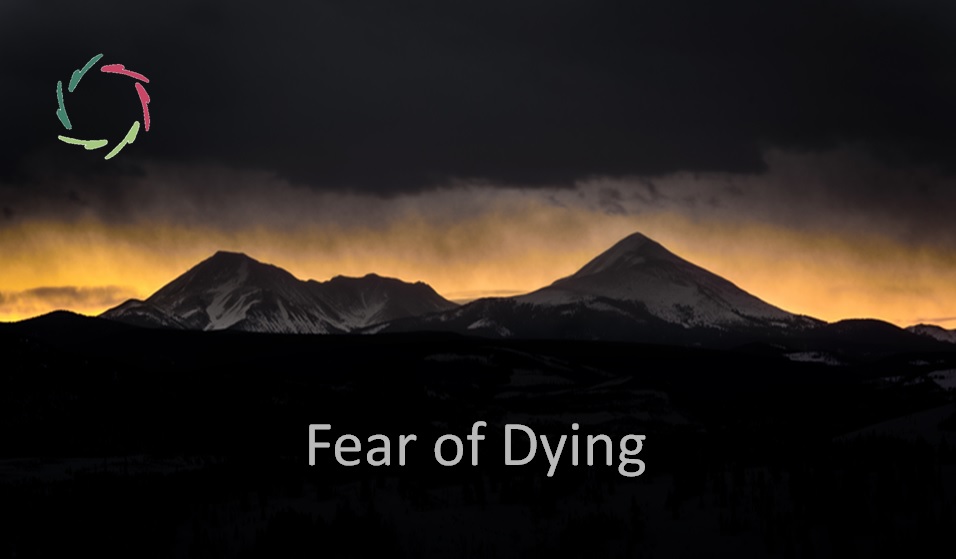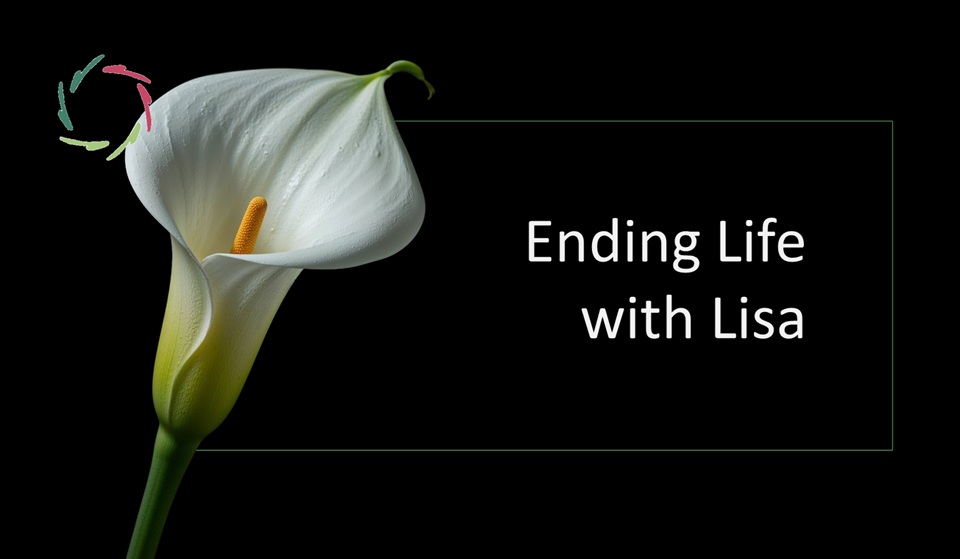My Hands Remember More Than I Do

(see: Life Lessons: An Introduction)
You reach for the teacup without thinking.
The same hand that once buttoned your child’s coat. The same fingers that learned to tie knots, to write letters, to touch a face with care. You didn’t plan the movement. It was already there, waiting. You just followed it.
And in that small act, something becomes clear:
Your hands remember.
Memory without story
As the mind ages, details may begin to drift. Names. Dates. The reason you entered the room. It can be unsettling — even painful — to feel the edges of memory softening.
But then you find yourself sweeping the floor with an old rhythm. Or folding a towel in the way your mother once did. Or brushing your hair slowly, as you’ve done for decades. No one taught you again. You didn’t have to think it through.
Some part of you just knew.
There’s a kind of memory that lives in movement. In gesture. In rhythm. It is not stored in language but in the relationship between body and world. And it tends to stay, even when other things leave.
This memory is not about facts. It’s about presence.
The wisdom in repetition
We tend to value what is mental, abstract, and explainable. But what if the deeper knowing is not always explainable? What if it simply lives in the way you carry a plate? Or trace a familiar shape with your finger?
There’s quiet wisdom in repetition — not mechanical but embodied. A kind of grace that says: you’ve done this before, and that matters.
Not for performance.
Not for others.
But for yourself.
Your body has become a vessel of memory and meaning.
Becoming different
Aging doesn’t necessarily mean becoming less. It may mean becoming different.
Fewer things on the surface, perhaps. But more resonance underneath. The gestures may be slower now, the grip softer. But the meaning has deepened. You’re not just doing things. You are expressing a long story that lives in your skin.
You may forget where you placed the book, but your hands still know how to hold it.
You may forget the words to a song, but your hands remember the way you used to hum it while chopping vegetables.
This isn’t sentiment. It’s continuity.
Dignity, quietly
There is dignity in knowing that not all of you can be measured by clarity or quickness. That your value is not stored only in your mind, but in the way you’ve lived — and the way your hands still live it.
The world may not always notice, but your tea still tastes warm.
Your touch is still gentle.
Your fingers still know their way home.
You don’t need to explain this. You only need to feel the quiet truth of it — in the way your hand rests, or moves, or holds another hand without needing to think how.
What stays
In the end, it may not be the stories we tell that define us most clearly. It may be the way we reach, carry, and rest.
And perhaps, long after the words have left us, someone will still feel what our hands remember. Without needing to understand.


